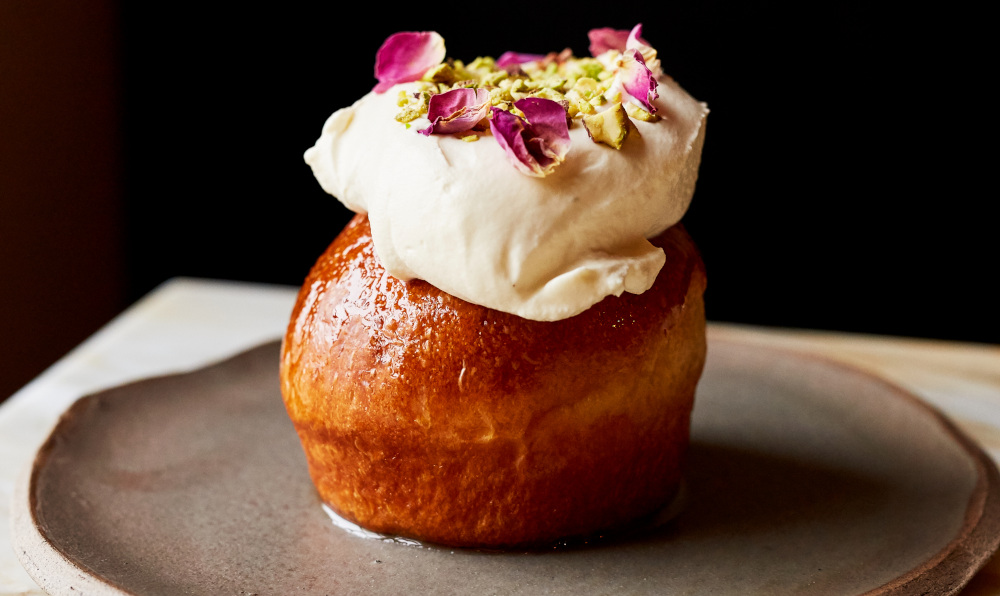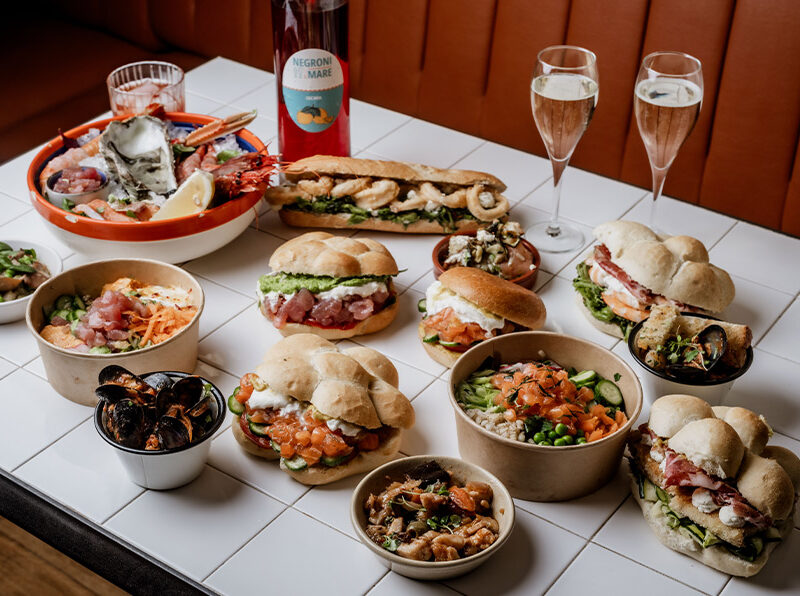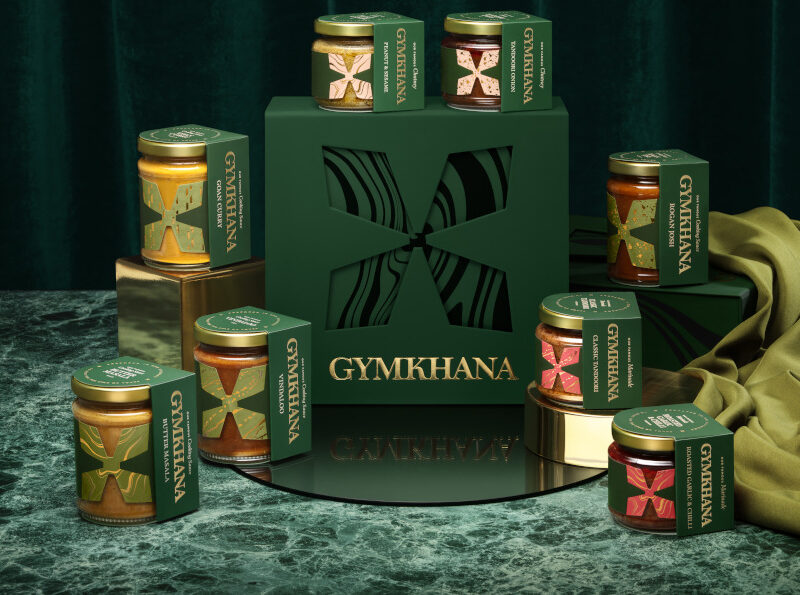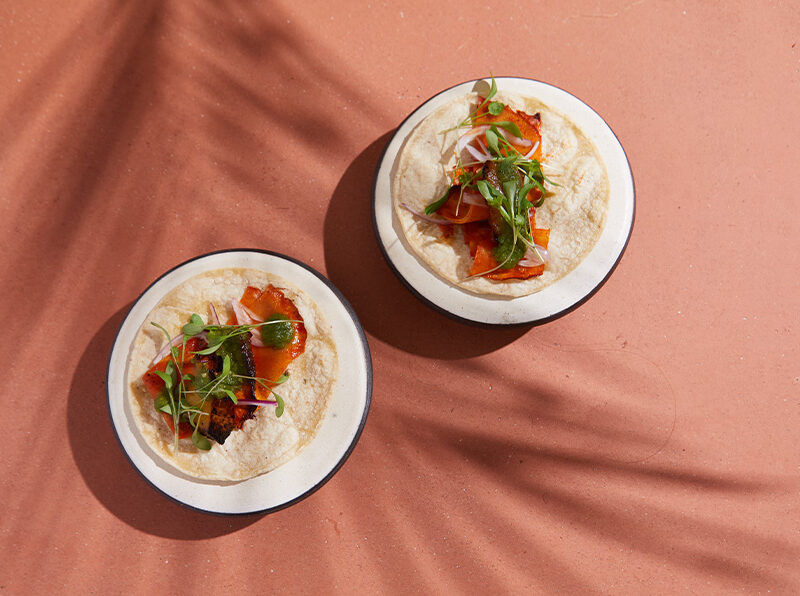
Akub review
Akub review
Angela Zaher tries out this new Palestinian restaurant, which takes her on a personal journey back to her roots
When I write about food, I write about what it means to me. Such as how cooking has helped me deal with grief and anxiety. I focus on the emotions food triggers, and it’s personal.
I usually save that writing for my feature work. Restaurant reviews are different. My aim in reviewing is to give you a glimpse of the ambience, the food and service so that you can decide whether it sounds like the sort of place you might like to try. But on this occasion, the lines are somewhat blurred. I have to give you some context with regards to this review. Akub is a new modern Palestinian restaurant that has recently opened in Notting Hill to much critical acclaim. The food there means a lot to me. Born in Beirut to two Palestinian parents, I have spent the best part of my life avoiding that word “Palestinian”. In Lebanon it was too dangerous, everywhere else, too political. But now, everyone’s talking about Akub. It’s backed by Rasha Khoury Bruzzo and chef Fadi Kattan, who has a global culinary reputation. Suddenly, I find myself saying “Palestinian” with ease and clarity. Pride even. It’s a new, dizzying, feeling.
Chef Fadi, with head chef Mathilde Papazian, are serving the type of dishes that my mother used to make at home but modernised, refined and reimagined so that they delight London restaurant goers. And broaden their horizons by showing them that Palestinian cuisine has an identity all of its own and can be modern, refined and imaginative. In this, they are pioneers.
There is no hummus or falafel or shawarma on the menu. They don’t even serve Arabic bread. Instead there are nigella seed crackers, spiced focaccia and za’atar bread which Jimi Famurewa in his review for the Evening Standard described as “like a gorgeously warm, confrontationally fragrant flat cap of dough”. Moutabbel, traditionally a dip made from charred aubergines, is made with red lentils and declared as “positively ravishing” by Tim Hayward in his review for the Financial Times.
Nothing has been turned on its head just for the sake of it. There is a deep respect for the traditional, a celebration of dishes which evoke the comfort of my childhood like fatteh (a dish with bread topped with garlic yoghurt and slow cooked short rib) and musakhan (chicken pieces cooked with onion and sumac).
The desserts are inspired and creative. There are quirky twists like za’atar ice cream- impossible to eat without a big smile on your face- herby, zingy and life affirming and elaborate concoctions like the hilbeh baba. Hilbeh is ground fenugreek seeds and more commonly used in the arab world for making cake or cookies. Here, it’s in a rum baba and arrives looking like a carefree bride wearing a puffball dress with its scattering of rose petals and chopped pistachios, full of hope and promise for a happy future.
Akub champions the resilience of the Palestinians in more than just asserting their own culinary identity. To go with our meal, Fadi recommended a bottle of Sauvignon Blanc from Ashkar Winery, called Iqrit. The Ashkar family were winemakers in Palestine until they were evicted from their vineyards in 1948. Several generations later, Nemi Ashkar travelled back to Israel to revive his family’s winemaking history and set up the winery in 2010. He now rents his family’s vineyards from the local kibbutz and uses the grapes grown on his ancestral home to make this deliciously crisp and lemony Palestinian wine.
The decor, like the food, continues telling the story of the Palestinians. Antique keys are drilled into the wall. In 1948 when Palestinians were forcibly evicted from their homes, they took their house keys with them, hoping to one day return. My father, an optimistic 20-year-old at the time, had one of those keys too.
On the night of my review, there was a table next to us at which a couple of young Israeli men were dining. They looked like they were enjoying their food as much as we were. As they came to leave, Fadi rushed over to open the door for them. They shook his hand and thanked him in English then one of them also said “shukran”, thank you, in Arabic. Good food brings people together and brings out the best in those people.
Price range: approx £40-50/head for 3 courses + drinks
Akub, 27 Uxbridge Street, London W8 7TQ
@angela_zaher






